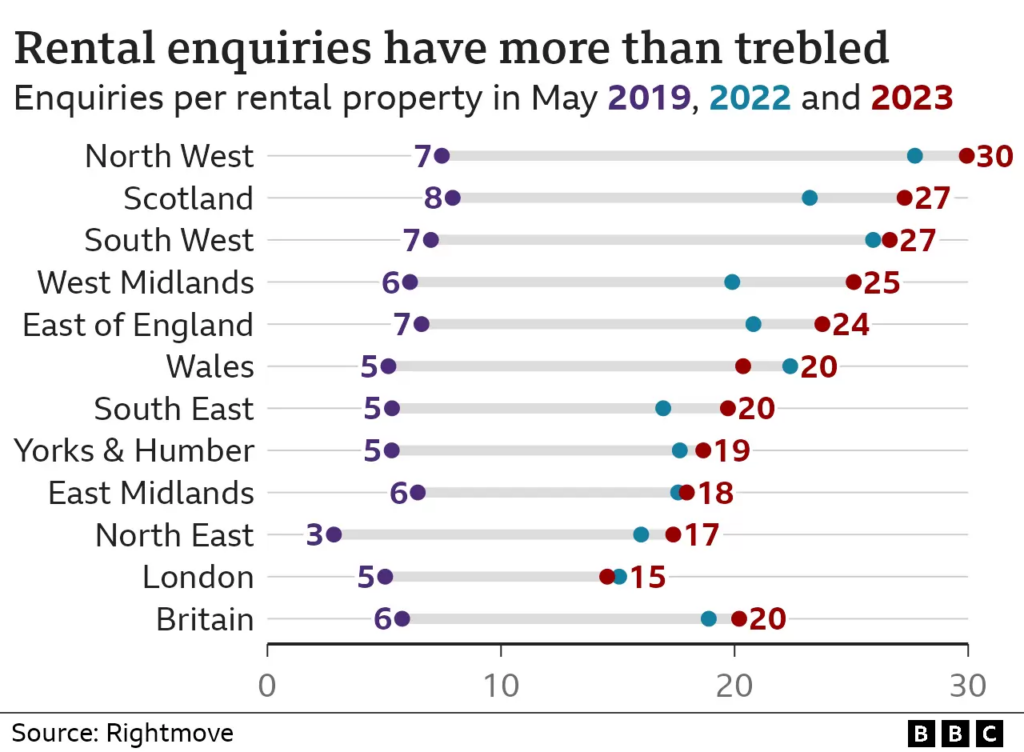In previous years, decreasing your property’s price was viewed as unfavourable. It projected an image of desperation, potentially allowing buyers to exploit this and present unreasonably low bids. However, with the evolving property market, does this perspective still hold true?
Price reductions and the property market
Well, no not really. Since the last recession in 2008, attitudes toward reducing property prices have significantly eased. Given the dynamic nature of the property market, achieving absolute precision right from the start can be nearly impossible. Determining the appropriate market value for a property is essentially an approximation; there are no fixed guidelines or no crystal ball, just a rough estimate based on the seller’s and agent’s assessment of the property’s selling potential. Occasionally, adjustments are necessary, and in this age of technological advancement, a price reduction can, in fact, yield favorable results in your sales strategy.
It’s no longer stigmatised and won’t generate unfavourable perceptions about the property. Buyers may notice that the price has dropped; but they may view it positively, recognising your commitment to selling rather than interpreting it as a sign of desperation.
Why do some see it as a negative?
This could be down to our shift in our consumer mindset as it operates similarly when it comes to Property. Just as we’re accustomed to High Street stores frequently offering sales or shopping at designer outlets with clearly marked recommended retail prices (RRP) and discounted rates; we don’t devalue the clothing or decide against a purchase simply because no one else bought it from the original store; we merely accept it as an item we like and wish to acquire at a reduced price.
This same adjustment in our buying psychology might apply to the property market. When we encounter a property that has adjusted its pricing, we don’t automatically assume it’s inferior or that the sellers are desperate. Instead, we perceive it as a discount, a valuable opportunity. This perspective can motivate a hesitant buyer to make an offer they might not have otherwise considered. It may act as the gentle push they needed to take action.
What can a price reduction do?
Reducing the price, when required, can prove to be a beneficial strategy and may be the key to sealing the deal.
- Revitalising the property’s marketing and promotion, including mailing campaigns and re-matching with potential buyers. This is similar to giving a post on social media a boost.
- This approach introduces the property to a different pricing tier. Attracting a fresh set of buyers who may not have been aware of its availability, as it was previously outside their budget range.
- For those who previously viewed the property at its higher price, the reduction might now align more closely with their perception of its value, potentially rekindling their interest.
Want to discuss your property?
A reduction in price can often unlock the path to a successful sale. Especially when your property has been listed for several months without any positive outcomes, despite all other efforts.
If you’re facing challenges in attracting viewings and are eager to sell your home, reach out to our property specialists. They can assess your marketing strategy and provide guidance to help you start receiving those coveted offers.
Recent Articles
















